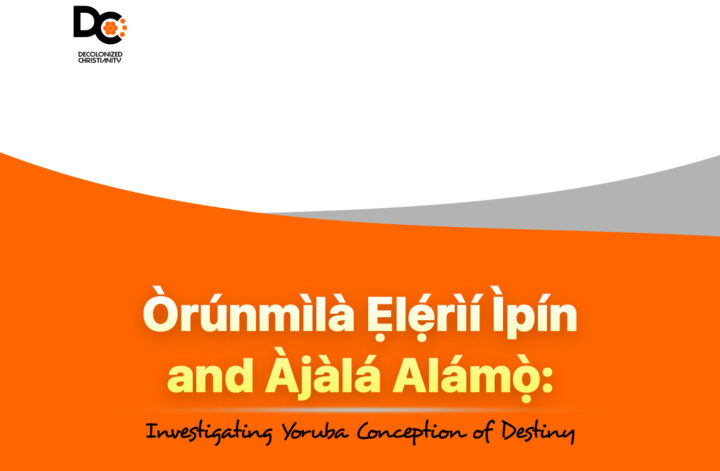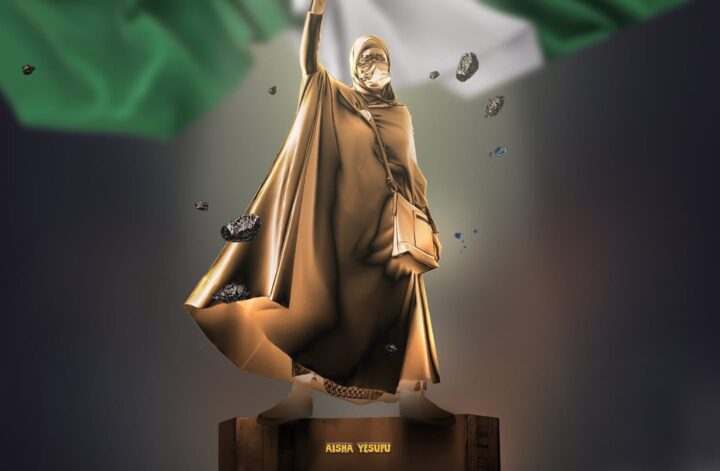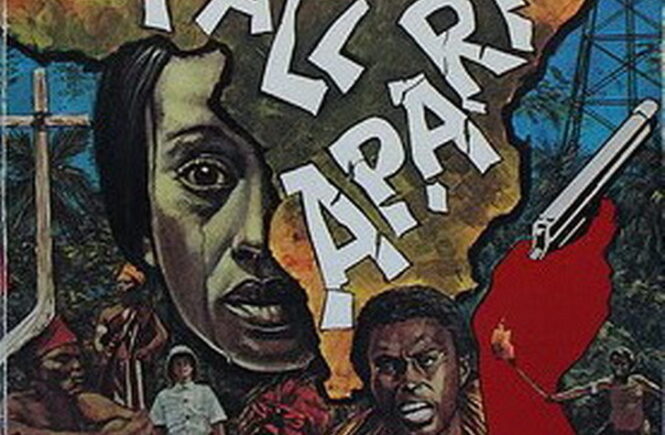A Pause for Philosophy
At face value, the Yoruba creation narrative seems to embrace pre-determinism, the view that all events that occur in an individual’s life have already been pre-ordained. Determinism is another view that will come up often in the following discussion. Determinism is the view that all events are inevitable consequences of antecedent sufficient causes. Rephrased, this view asserts that every event results from some prior causes, and if we were to know these causes, we can know the future with certainty. Determinism is best championed in the physical sciences, especially physics where everything is explained by causal relations. A philosophical problem resulting from these doctrines, pre-determinism and determinism, is the denial of free-will. If all events are rigidly pre-ordained, this implies that there is nothing individuals can do to change any detail of an event. If people cannot do something about life pre-ordained events, it would seem like they cannot be justly praised or blamed for anything. But the Yoruba worldview affirms, on the one hand, that people can be praised or blamed for what they do; it also seems to teach predestination. These two views are quite contradictory.
Critically Engaging Yoruba Creation Story
The Yoruba creation Story presents some difficulties that have proven intractable for scholars. On the one hand, there is an inconsistency that arises with Yoruba’s belief in destiny as “what must happen and cannot be changed or controlled” (Ekanola, 43) and their belief that they can do something about an undesirable destiny—and not just where an otherwise good destiny is being messed with by spiritual forces. Almost every scholar that has written on this subject has tried to situate the Yoruba worldview within a metaphysical framework that will resolve the glaring incompatibilities. It is my considered view that this incompatibility and contradictions reflect a real tension between the metaphysics and the fleshy existential aspects of human lives. Looking at the world, it would seem like most people have chosen bad destinies considering that the evil that befalls humans appears to outweigh the good. Some sources have it that at Àjàlá’s house, there are way more bad Ori than good ones (Balogun, 121). The creation myth seems inadequate to explain some data that lie outside of its metaphysical reach. Let us begin with the latter.
There appears to be significant body of data that the prenatal choosing at Àjàlá’s house does not explain upon a literal reading of the Creation Story. Ekanola (42) observes, for instance, a case of people with bodily disabilities. He writes: “A cripple, for instance, can never aspire to be the world’s fastest sprinter, the world’s best swimmer, or the world’s number one footballer.” The difficulty raised is that the creation myth portrays human bodies as fully formed before going to Àjàlá’s house to choose an Orí that is supposed to dictate how one’s entire life would play out. But, with the bodily challenged, the difficulties which limit life options exist before choosing a destiny. “Hence, it seems unacceptable to attribute at least some of the aspects of the destiny of a cripple to a prenatal choice of Ori,” Ekanola concludes (42). Sometimes, therefore, Ori does not have the exhaustive explanatory power that is often accorded it among Yoruba people for they insist “that the prenatal choice of Ori determines, finally, the destiny and personality of man (used generically) on earth” (Ekanola, 43).
Much exists in the literature on the degree of freedom humans have in influencing their destinies. As Ekanola pointed out, there are some key features of choosing an Ori at Àjàlá’s house. The individual making the choice does not know the content of the Ori; it is reasonable to suppose that if humans had known, they would have preferred a good Ori to a bad one. The Story presupposes humans to be moral beings capable of distinguishing between a good and a bad Ori. If humans were not morally capable in this way, the act of choosing loses much of its meaning. This raises another question. Considering that Olódùmarè and Àjàlá know the contents of the available Ori and do not reveal this knowledge to humans before choosing, it questions whether humans can be justly blamed (or praised) for the Ori they have chosen. An analogy might be the classic options that armed robbers offer on the streets of Lagos at gun points: your money or your life. True, one has a choice of some sort, as one can either part with the cash in one’s possession or allow the robbers to take one’s life. But, crucially, one cannot choose outside these two options. Some of us would like to respond to the robbers’ offer this way: neither, but this is precisely the unavailable choice. Similarly, choosing an Ori at Àjàlá’s abode limits human free will in some fundamental ways. Several attempts have been made to situate the Yoruba worldview in a metaphysical framework that will make sense of the various aspects.
Works Cited
Balogun, Oladele Abiodun. “The Concepts of Ori and Human Destiny in Traditional Yoruba Thought: A Soft-Deterministic Interpretation.” Nordic Journal of African Studies, vol. 16, no. 1, 2007, pp. 116—130. JSTOR. Accessed 9 Sept. 2018.
Ekanola, Adebola Babatunde. “A Naturalistic Interpretation of the Concept of Ori.” Philosophia Africana, vol. 9, no. 1, 2006, pp. 41—52. JSTOR. Accessed 9 Sept. 2018.





1 Comment